

Plastic Bertrand
Born: February 24, 1954
in Brussels, Belgium
in Brussels, Belgium
Roger Marie François Jouret, better known as Plastic Bertrand, is a Belgian musician, songwriter, producer, editor and television presenter.
Movies for Plastic Bertrand...
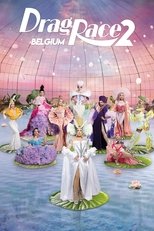
Title: Drag Race Belgium
Character: Self - Guest Judge
Released: February 16, 2023
Type: TV
For the first time in its herstory, Belgium is welcoming the most glamorous drag competition. Hosted by the great French-Canadian diva, Rita Baga, Drag Race Belgique will demonstrate the immense talent and creativity of its drag scene. So be prepared for their audacity and authenticity!

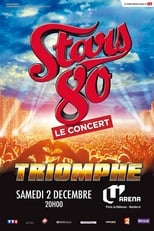

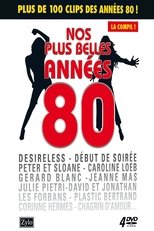
Title: Nos plus belles années 80 : La Compil !
Character: Self (archive footage)
Released: March 5, 2013
Type: Movie

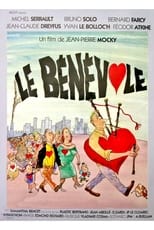
Title: Le Bénévole
Character: L'Archevêque
Released: May 16, 2007
Type: Movie
In a Mediterranean city, the association of volunteers The Rescue is expecting a new director. A former trade unionist, Birgos, who’s just escaped from an asylum with Cleo, another internee, is believed, by mistake, to be this new director.

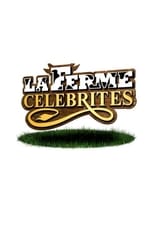
Title: La Ferme Célébrités
Character: Plastic Bertrand
Released: April 10, 2004
Type: TV
La Ferme Célébrités is the French version of the international TV show The Farm, produced in France by Endemol and broadcast on TF1. A certain number of B-List celebrities appearing on it. The show was running in 2004 and 2005, then in 2010. It was hosted by Christophe Dechavanne and Patrice Carmouze in 2004 and 2005 . The farm was located in Visan, Vaucluse in the first seasons. For the season 3, the farm is located in South Africa, Benjamin Castaldi and Jean-Pierre Foucault are the new hosts.

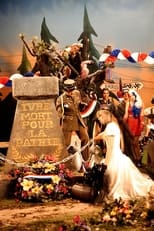
Title: Ivre-Mort pour la Patrie
Character: Le speaker
Released: January 22, 1999
Type: Movie
Professor Choron recounts with his memories as a child of a barrier guard, the 2nd World War with its horrors and the trains he saw during those years leaving for Germany or coming from there, full of French or German soldiers, in conquest or in rout according to the period





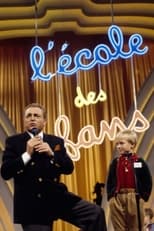
Title: Fan School
Character: Self
Released: January 30, 1977
Type: TV
Host Jacques Martin invites different talented children from various backgrounds to showcase their beautiful voices. The participants entertain and wow the audience with their lovely performances.


Title: Numéro un
Character: Self
Released: April 5, 1975
Type: TV
A French variety show.


Title: Les Rendez-vous du dimanche
Character: Self
Released: January 12, 1975
Type: TV
A talk show presented by Michel Drucker


Title: Midi Première
Character: Self
Released: January 6, 1975
Type: TV
Midi Première is a French variety show presented by Danièle Gilbert, directed by Jacques Pierre and broadcast from January 6, 1975 until January 1, 1982 on TF1. The program was generally broadcast between 12:15 p.m. and 12:55 p.m., then giving way to the 1:00 p.m. TV news. However, the broadcast schedule could change, depending on the guests, and the setting where the recording of the program was shot. Certain performances by artists who have become cult like the one where Ringo jostles with a demonstrator in interpretation (1977), that of Dalida with the title There is always a song with the soundtrack that does not start, twice, at the right speed (1978), Claude François and his Clodettes, who, in the provinces, are unable to join "the set" in order to interpret his song, the latter being taken by the crowd of delirious fans (summer 1977) . The group Supertramp performed there with the title "Dreamer" on March 8, 1975.

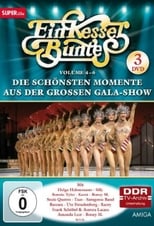
Title: A Kettle of Colour
Character: Self
Released: January 29, 1972
Type: TV
The show was meant to compete with those on West German television. To this end it was fairly successful even attracting a following in parts of West Germany which could receive Eastern TV. Its production values were high. Apart from song and dance numbers and appearances from East German celebrities, almost every broadcast featured well-known stars from the west, often after their popularity had peaked in their home countries.
